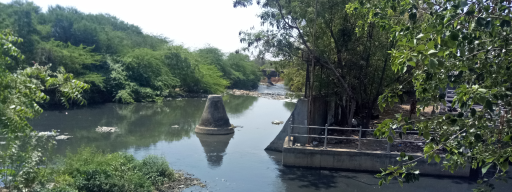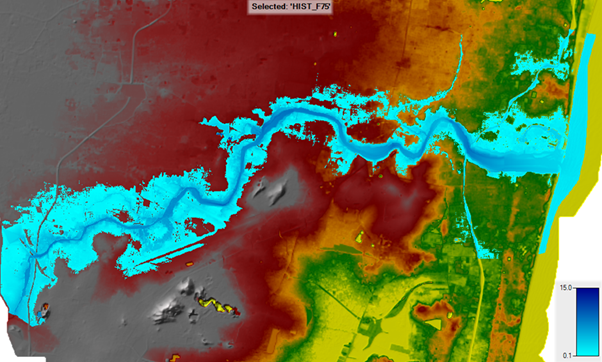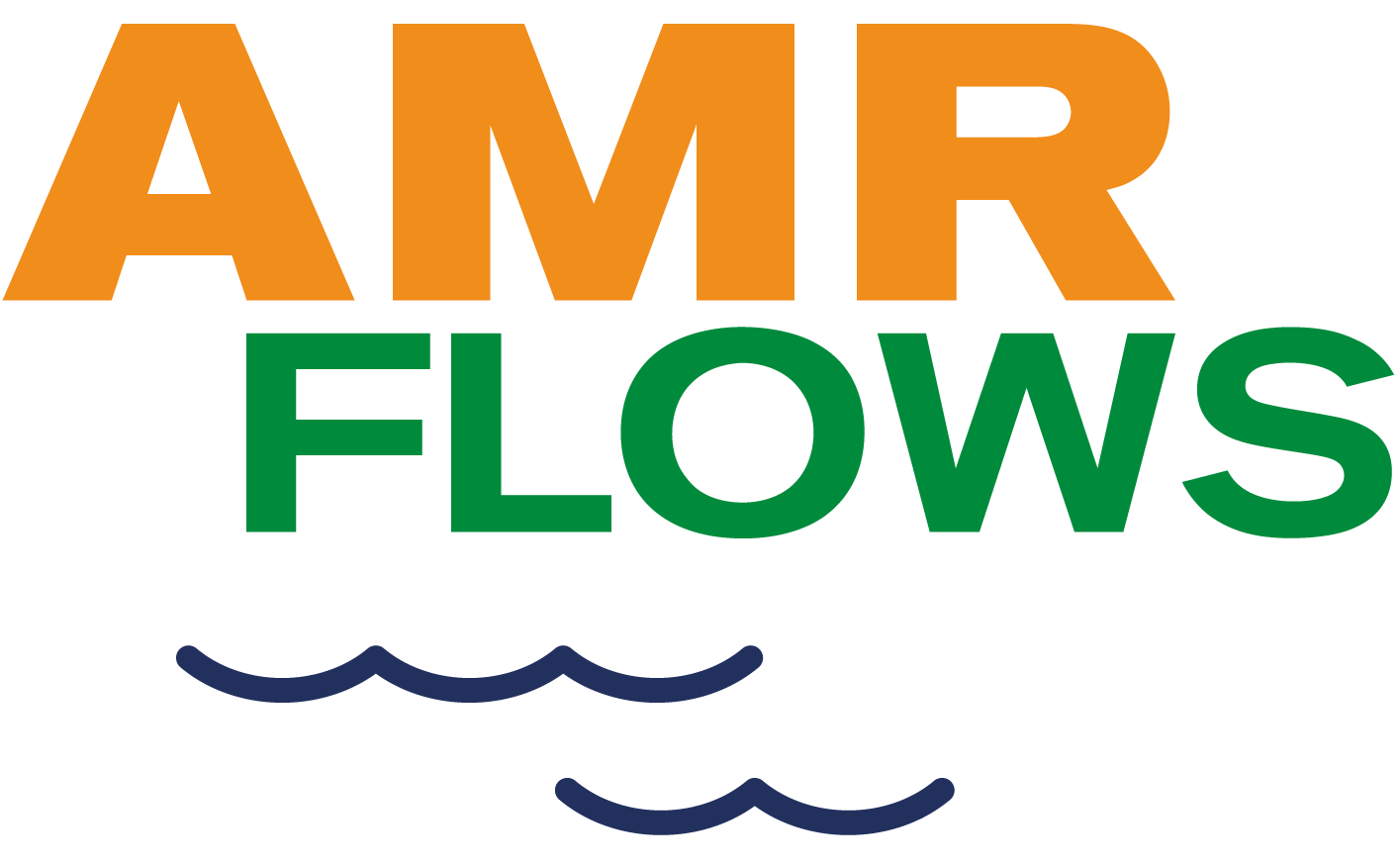Although our web page is only a few days old and not quite there yet, I am posting our first blog because we are in the process of hiring staff for our project.
Currently open posts:
1. Postdoc position (Research Associate in Microbial Genetics within Water Systems) at Newcastle University…
…but closing soon (3 Jan 2021).
You will develop novel microbial genetic approaches for detecting mobile genetic element (MGEs) in natural and engineered ecosystems using conventional culture methods, a range of advanced molecular techniques, and flow cytometry. The work will tag plasmids and donor bacteria to quantify AMR gene transfer and frequency under nutritional conditions relevant to Indian rivers. You will provide data to parameterise micro- and macro-scale numerical models developed by others within the project.
2. Technical Assistant at Indian Institute of Technology Hyderabad…
https://iith.ac.in/assets/files/careers/staff/TA-Indo-UK-project.pdf
You will be detecting and measuring the concentrations of various antibiotics in environmental samples from Hyderabad and Chennai. Experience in analytical techniques such as LC-MS-MS, ICP MS and GC MS are desirable.
There will be more positions coming up such as a mathematical modeller at the University of Birmingham and a hydrologist at the Indian Institute of Technology Gandhinagar.
General description of the project and who we are looking for:
We are hiring postdoctoral and doctoral researchers in the UK and India to work together to tackle Antimicrobial Resistance (AMR) in the environment.
Our project “AMRflows: antimicrobials and resistance from manufacturing flows to people: joined up experiments, mathematical modelling and risk analysis” uniquely combines field sampling, mesocosm and laboratory studies with mathematical modelling of the population dynamics of sensitive versus resistant bacteria, plasmid transfer and selection by antibiotics and metals and mathematical modelling of water transport through the environment. This will lead to a quantitative risk analysis and identification of feasible and effective intervention strategies.

The study sites are two river networks in South India, the Musi river near Hyderabad and the Adyar river near Chennai. The Musi area is heavily polluted by drug manufacturers whereas the Adyar area is our ‘control’. Both receive treated and untreated sewage. This creates a ‘perfect storm’ where antibiotics and other pharmaceuticals and metals select for bacteria with resistance under conditions of high concentrations of nutrients and mobile genetic elements from sewage.

Our team of 12 scientists is based at three institutions in India (Indian Institutes of Technology Hyderabad (IITH), Madras (IITM) and Gandhinagar (IITGn) and three institutions in the UK (University of Birmingham, Newcastle University and The James Hutton Institute in Aberdeen and Dundee).
We are microbiologists, environmental engineers, hydrologists and modellers.
We are seeking researchers who want to make a difference to the AMR crisis and are keen to support other team members to achieve our aim of establishing the first predictive model of AMR selection and transport through the environment.
Willingness to collaborate and learn about the other fields of science combined with strong competence in your own field of work are essential.
We offer the chance to excel as part of an international and interdisciplinary team, to develop your research skills and to educate your collaborators about your expertise and to communicate your results to scientific and lay audiences.
We value independence, creativity and critical thinking.
Finally, you will be careful to avoid the risk of COVID-19 infection yet undeterred by the pandemic.
Team: Jan-Ulrich Kreft (UK Lead, UoB), Joshua Larsen (UoB), Willem Van Schaik (UoB), David W Graham (NU), Rupert Hough (JHI), Shashidhar Thatikonda (India Lead, IITH), Aravind Kumar Rengan (IITH), Soumendra Nath Kuiry (IITM), Balaji Narasimhan (IITM), Indumathi M Nambi (IITM), Pranab Kumar Mohapatra (IITGn), Vimal Mishra (IITGn).

2 replies on “We are hiring”
Update: Postdoc position at IITGn modelling water flow is now open. Deadline soon: 8 Jan 2021. See https://iitgn.ac.in/careers/staff (PI Pranab Mohapatra).
Second update:
New Junior Research Fellow position at IITH advertised now.
Suitable for candidates with an environmental engineering/microbiology/biotechnology background.
Deadline 16 Jan 2021
Please see https://iith.ac.in/assets/files/careers/staff/JRF-Indo-UK-project.pdf